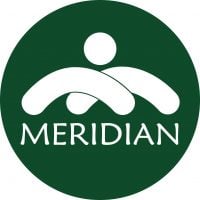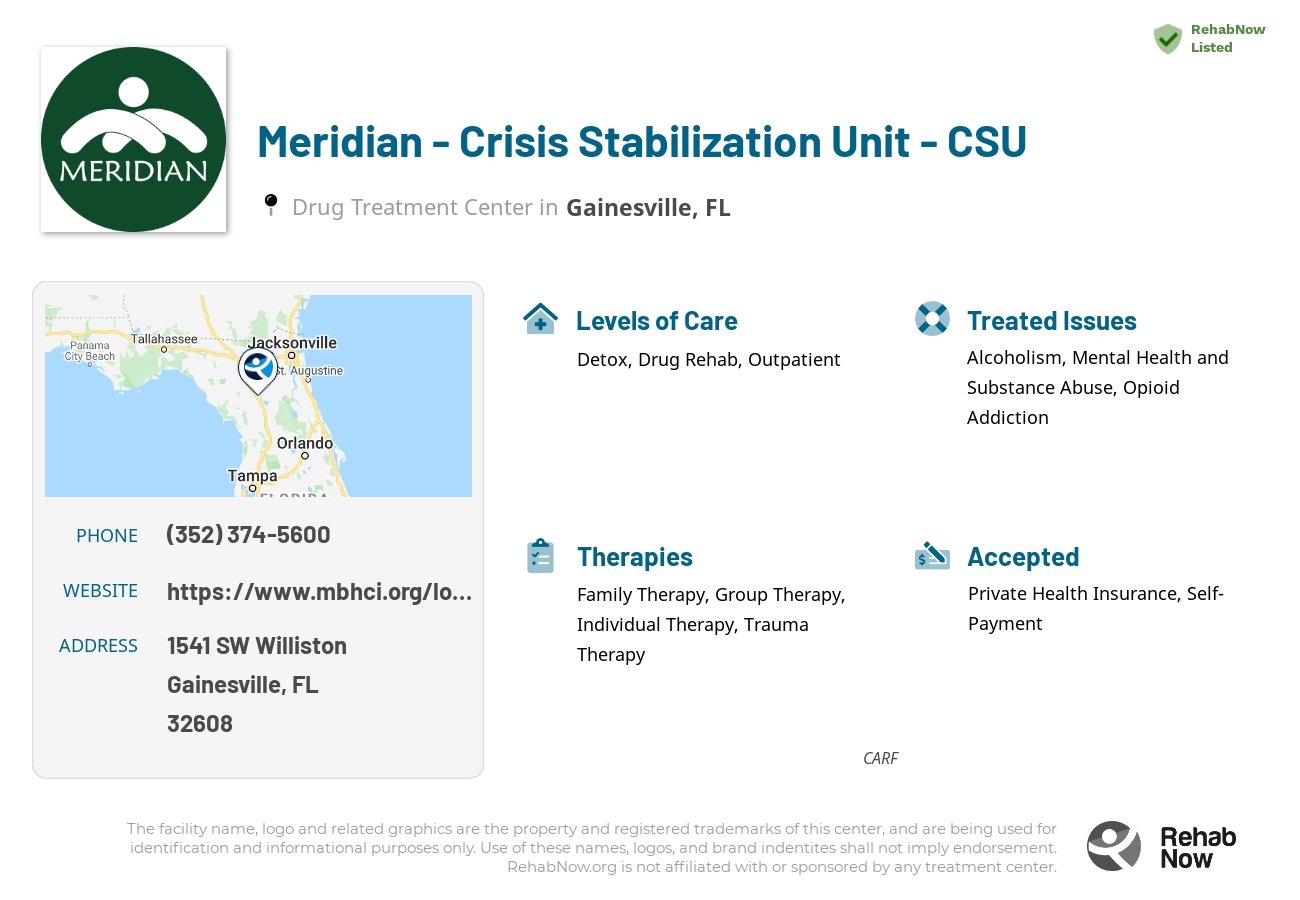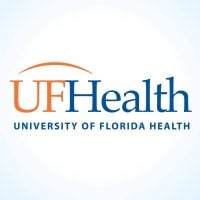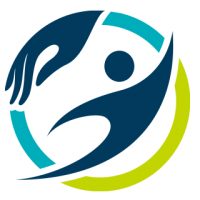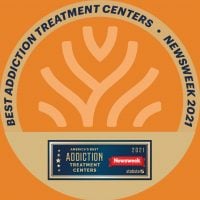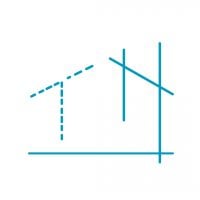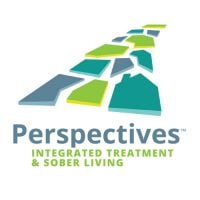Meridian - Crisis Stabilization Unit - CSU
Drug Rehab Center in Gainesville, Florida
The Meridian Behavioral Healthcare - Crisis Stabilization Unit in Gainesville, Florida is an addiction treatment facility that offers detox, inpatient, residential, and outpatient programs for individuals struggling with alcoholism, opioid addiction, dual diagnosis, and drug addiction.
About This Florida Facility
Meridian Behavioral Healthcare - Crisis Stabilization Unit, founded in 1960, is an addiction treatment facility located in Gainesville, Florida. This facility specializes in treating individuals suffering from alcoholism, opioid addiction, dual diagnosis, and drug addiction. Meridian Behavioral Healthcare - Crisis Stabilization Unit offers a range of levels of care including detox, drug rehab, outpatient, inpatient, and residential programs. They are a CARF accredited facility, signifying their commitment to providing high-quality and effective addiction treatment services. Meridian Behavioral Healthcare - Crisis Stabilization Unit also accepts private health insurance and is affiliated with Meridian Behavioral Healthcare, a trusted and established behavioral health organization in the Gainesville area.
Meridian Behavioral Healthcare - Crisis Stabilization Unit provides a variety of comprehensive services for individuals struggling with addiction and substance abuse. These services include detoxification, where individuals can safely and comfortably withdraw from substances under medical supervision. They also offer inpatient and residential programs, providing a structured and supportive environment for individuals to focus on their recovery. Additionally, Meridian Behavioral Healthcare - Crisis Stabilization Unit offers outpatient programs, which allow individuals to receive treatment while still maintaining their daily responsibilities. With their expertise in dual diagnosis, they are equipped to address the complex needs of individuals with co-occurring mental health disorders and substance abuse issues. Through their range of services, Meridian Behavioral Healthcare - Crisis Stabilization Unit aims to support individuals in overcoming addiction and achieving long-term recovery.
Genders
Ages
Modality
Additional
Accreditations

CARF
The Commission on Accreditation of Rehabilitation Facilities (CARF) is a non-profit organization that specifically accredits rehab organizations. Founded in 1966, CARF's, mission is to help service providers like rehab facilities maintain high standards of care.
Conditions and Issues Treated
Opioid addiction treatment should be done in a medically supervised drug rehab. Opioid addiction treatment will include detoxification and drug rehab counseling to help both the user and their loved ones learn how to live a successful sober lifestyle. Methadone, buprenorphine, and naltrexone are three medications that can help treat opioid addiction. Individual drug rehab counseling sessions can be helpful to discuss any questions or concerns with the drug treatment program.
Levels of Care Offered at Meridian - Crisis Stabilization Unit - CSU
This center offers a variety of custom treatment tailored to individual recovery. Currently available are Detox, Drug Rehab, Inpatient, Outpatient, Residential, with additional therapies available as listed below.
Detoxification is the first step in drug addiction treatment. A controlled environment where symptoms can be managed with medication and close observation is provided by drug detoxification. Detoxification is an essential step in the recovery process, but it is also one of the most dangerous. Due to the potential danger, it’s critical to understand what detoxification is and how to complete it safely.
A detox program helps the person physically withdraw from drugs and helps them track their progress. So, suppose the person isn’t ready for sobriety (or relapses). In that case, the treatment professionals can catch it early and help re-orient them towards recovery.
Inpatient treatment is an option that provides addicts with a supportive environment in which they can stop using. This type of intensive care and supervision is appropriate for those who were unable to quit on their own or need more structure than they could get from outpatient treatment, such as the addict most in need of this level of care.
The goal of inpatient rehab is for the addict to stay focused on sobriety and remain free of mood altering substances. Inpatient treatment programs usually offer the following: detox, therapy groups, one-on-one counseling, medication management and aftercare planning.
Individuals struggling with drug addictions can get help from several treatment options, including inpatient and outpatient programs. Outpatient drug treatment programs can also provide patients with different levels of care, usually depending on the patient’s degree of addiction.
At an outpatient program in Gainesville, a patient will attend a recovery program during the day and return home in the evening. Suppose a patient is struggling with drug addiction. In that case, an outpatient program can serve as an effective transition point during the recovery process.
Residential treatment programs are those that offer housing and meals in addition to substance abuse treatment. Rehab facilities that offer residential treatment allow patients to focus solely on recovery, in an environment totally separate from their lives. Some rehab centers specialize in short-term residential treatment (a few days to a week or two), while others solely provide treatment on a long-term basis (several weeks to months). Some offer both, and tailor treatment to the patient’s individual requirements.
Therapies & Programs
Individual therapy is a critical component of addiction recovery. It allows the patients to go deep into their core issues and discover how to handle those problems better. Therapy can be conducted in individual sessions as well as group settings. In individual therapy for addiction, the patient meets with their therapist one-on-one to focus on the underlying issues. This allows patients to open up and discuss personal topics they may not feel comfortable discussing in a group setting. This type of therapy can help develop solutions specific to each patient, which helps speed up the recovery process.
Family therapy is a crucial part of drug treatment and getting sober. It is one of the most effective ways to help addicts stay on the path to long-term sobriety. When a drug addict decides that they want to try and get sober, it takes the support of every person they love to succeed. It can be incredibly difficult for loved ones to watch an addict go through the pain and suffering of withdrawal, but by being there with them and supporting them, they can help to make sure that the addiction never returns.
One of the most important parts of family therapy is the relapse prevention plan. During treatment, therapists and doctors will often sit down with the addict and their family to develop a plan in case the addict ever feels like they want to use again. This plan should involve steps the addict and family can take together to prevent them from relapsing in the future. An addict’s family can play a vital part in helping them to avoid relapse because they can spot the warning signs and help them get back on track before it becomes too much of a problem.
Group therapy helps prevent addicts from feeling isolated or unique in their situation by offering a sense of comfort and fellowship. It also creates a forum for addicts to build their support systems and learn from each other. The group therapy sessions at Meridian - Crisis Stabilization Unit - CSU occur in a group setting rather than one-on-one to create a safer, controlled environment where addicts feel comfortable.
Trauma therapy helps people dealing with addiction by allowing them to confront the traumas of their past and move past them. It is important to note that trauma therapy should not be confused with PTSD (post-traumatic stress disorder) Rather, it is used to treat the effects of trauma, which are often at the root of addiction.
Payment Options Accepted
For specific insurance or payment methods please contact us.
Is your insurance accepted?
Ask an expert, call (888) 674-0062
Meridian Behavioral Healthcare Associated Centers
Discover treatment facilities under the same provider.
- Meridian - Detox Unit in Gainesville, FL
- Meridian - Boy’s Recovery Center in Lake City, FL
- MBH - Addictions Outpatient & Residential in Gainesville, FL
- Meridian Behavioral Health in Bronson, FL
- Meridian - Baker County Clinic in Macclenny, FL
Learn More About Meridian Behavioral Healthcare Centers
Additional Details
Specifics, location, and helpful extra information.
Gainesville, Florida 32608 Phone Number(352) 374-5600 Meta DetailsUpdated November 25, 2023
Staff Verified
Patient Reviews
There are no reviews yet. Be the first one to write one.
Gainesville, Florida Addiction Information
Florida is one of the nation's epicenters for substance abuse and drug-related overdoses. In 2014, around 410,000 Florida residents were addicted to drugs and alcohol. Over the last 10 years, 12% of all deaths in the state were attributed to substance abuse. Treatment admissions for alcohol reached 24,329 patients in 2016, and 2.5% of Florida high school students admitted to using crack cocaine.
30% of all crimes committed in Gainesville, Florida are drug-related. The most commonly cited substances of abuse are alcohol (42%), marijuana (17%), and other drugs (16%). There were 1,521 drug-related arrests in 2016. The treatment process for drug addiction in Gainesville will vary depending on the individual's needs and situation. However, most drug rehab programs will offer a combination of detoxification, counseling, and support services to help clients recover from addiction.
Treatment in Nearby Cities
- Miami Beach, FL (297.1 mi.)
- Lake City, FL (43.6 mi.)
- Panama City Beach, FL (211.3 mi.)
- Intercession City, FL (106.3 mi.)
- Apalachicola, FL (158.9 mi.)
Centers near Meridian - Crisis Stabilization Unit - CSU
The facility name, logo and brand are the property and registered trademarks of Meridian - Crisis Stabilization Unit - CSU, and are being used for identification and informational purposes only. Use of these names, logos and brands shall not imply endorsement. RehabNow.org is not affiliated with or sponsored by Meridian - Crisis Stabilization Unit - CSU.
